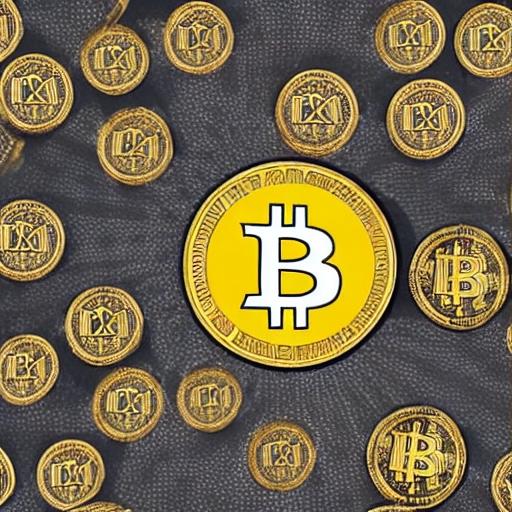Bitcoin has been making headlines in recent years, but many people still find it confusing and mysterious. In simple terms, Bitcoin is a digital currency that operates on a decentralized network called the blockchain.
Unlike traditional currencies, such as the US dollar or the euro, Bitcoin isn’t controlled or regulated by any central authority, such as a government or a bank. It was created in 2009 by an anonymous person (or group of people) known as Satoshi Nakamoto.
At its core, Bitcoin is a type of digital money that can be used for online transactions. Just like you can send or receive money through a bank transfer or digital payment services like PayPal, Bitcoin allows you to do the same thing, but with some unique characteristics.
One of the key features of Bitcoin is its decentralization. Instead of being held and regulated by a central authority, Bitcoin transactions are verified and recorded by a network of computers around the world. This network, known as the blockchain, is a public ledger that maintains a record of all Bitcoin transactions. This means that no single entity has control over the currency, making it more resistant to censorship and manipulation.
Another important aspect of Bitcoin is its limited supply. Unlike traditional currencies that can be printed at will by central banks, there will only ever be 21 million Bitcoins in existence. This scarcity helps to maintain the value of Bitcoin and protect it against inflation.

Bitcoin transactions are also pseudonymous, which means that they don’t require you to reveal your identity. While the transactions themselves are recorded on the blockchain, the identities of the parties involved are not directly linked to their Bitcoin addresses. This can provide a certain level of privacy and security, although it’s worth noting that the blockchain is public, so it’s possible to trace transactions in some cases.
To use Bitcoin, you need a digital wallet, which is essentially a software program that allows you to store, send, and receive Bitcoins. Your wallet generates a unique address for you, which you can use to send and receive Bitcoins from other users.
Bitcoin has gained popularity not only as a digital currency but also as an investment asset. Its value has experienced significant fluctuations since its inception, with both rapid increases and sharp declines. Some people see Bitcoin as a speculative investment opportunity, while others view it as a means to store value outside of traditional financial systems.
Overall, Bitcoin is a digital currency that operates on a decentralized network called the blockchain. It allows for secure and pseudonymous transactions, with a limited supply and no central authority controlling it.
